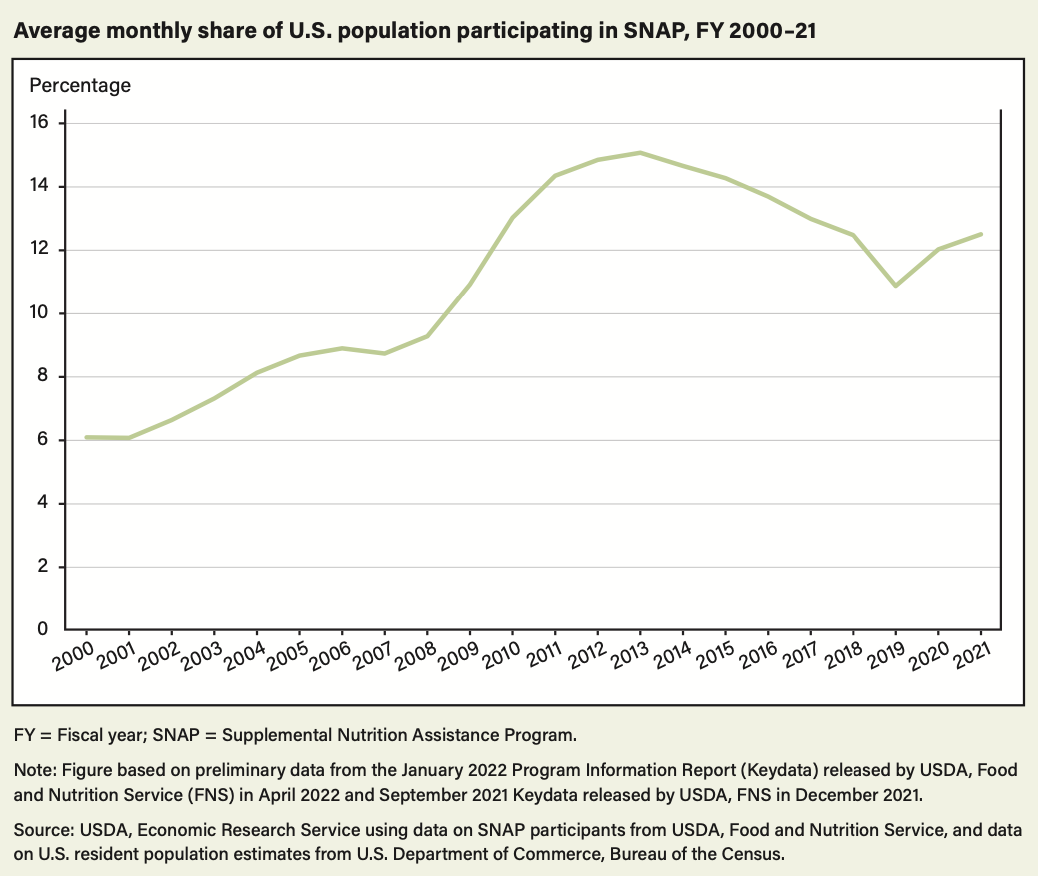Navigating The Complexities: Automotive Brands Facing Headwinds In The Chinese Market

Table of Contents
Intense Competition from Domestic Brands
The rise of powerful domestic brands like BYD, Nio, and Xpeng is significantly impacting the market share of international players. These companies have leveraged several key strategies to gain a competitive edge:
- Superior understanding of local consumer needs and preferences: Domestic brands possess an inherent advantage in understanding the nuances of the Chinese consumer market, including regional variations in taste and preferences. This allows them to tailor their products and marketing campaigns for maximum impact.
- Aggressive pricing strategies and innovative technologies: Domestic brands often offer competitive pricing, particularly in the electric vehicle (EV) segment, making them attractive to budget-conscious consumers. Simultaneously, they are at the forefront of innovation, introducing cutting-edge technologies and features.
- Strong government support and incentives: The Chinese government actively promotes the growth of its domestic auto industry through various subsidies, tax breaks, and supportive policies. This gives domestic brands a significant advantage over their international counterparts.
- Rapid advancements in electric vehicle (EV) technology: China is a global leader in EV technology, and domestic brands are capitalizing on this, producing highly competitive EVs with impressive ranges and features. This is putting pressure on international brands to accelerate their own EV development and deployment in the Chinese market.
The competitive landscape is further complicated by the sheer number of domestic brands and their aggressive expansion strategies. International brands must carefully analyze their competitive positioning and develop strategies to differentiate themselves effectively.
Evolving Consumer Preferences and Demands
Chinese consumers are increasingly sophisticated and demanding, looking beyond basic functionality to advanced technology, premium features, and a strong brand reputation. Several key trends are shaping consumer behavior:
- Growing demand for electric and hybrid vehicles: Environmental concerns and government incentives are fueling a rapid shift towards EVs and hybrids. International brands must invest heavily in their NEV offerings to remain competitive.
- Preference for connected car features and advanced driver-assistance systems (ADAS): Chinese consumers are tech-savvy and expect their vehicles to be equipped with the latest connectivity and safety features. This includes features like in-car entertainment systems, mobile integration, and advanced ADAS capabilities.
- Emphasis on brand image, prestige, and social status: The automotive market in China is influenced by social status and brand image. International brands must effectively communicate their brand values and position themselves within the desired social context.
- Increased focus on sustainability and environmental concerns: Consumers are becoming more conscious of the environmental impact of their purchases, favoring brands that demonstrate a commitment to sustainability.
Understanding these evolving consumer preferences is crucial for international brands to tailor their products and marketing messages effectively.
Navigating Regulatory Hurdles and Government Policies
The Chinese automotive market is heavily regulated, with complex rules and policies that can significantly impact market entry, operations, and growth. International brands must navigate these challenges carefully:
- Stringent emission standards and environmental regulations: China has implemented increasingly stringent emission standards, requiring automotive manufacturers to invest in cleaner technologies and reduce their environmental footprint.
- Complex import tariffs and trade barriers: Import duties and other trade barriers can significantly increase the cost of importing vehicles and parts into China.
- Data localization and cybersecurity requirements: Regulations regarding data storage and cybersecurity are becoming increasingly stringent, requiring automotive companies to adapt their data management practices.
- Government incentives and subsidies for domestic brands: Government policies often favor domestic brands through subsidies and other incentives, creating a challenging environment for international players.
Successfully navigating these regulatory hurdles requires a thorough understanding of the legal landscape and proactive engagement with government agencies.
Technological Advancements and Innovation
Staying competitive in the Chinese automotive market demands continuous innovation and adaptation to rapid technological changes. Key areas of technological advancement include:
- The need for advanced battery technology and charging infrastructure: The growth of the EV market necessitates the development of advanced battery technologies with longer ranges and faster charging times, alongside a robust charging infrastructure.
- Development of autonomous driving capabilities and AI-powered features: Chinese consumers are eager to adopt advanced driver-assistance systems and autonomous driving technologies.
- Integration of connected car services and digital ecosystems: The integration of connected car services and seamless connectivity with other digital ecosystems is becoming increasingly important.
- Embrace of new energy vehicles (NEVs) and alternative fuel technologies: The Chinese government is heavily promoting NEVs, requiring international brands to invest in this area.
International brands must invest significantly in research and development to keep pace with these technological advancements.
Building Strong Local Partnerships and Distribution Networks
Successfully penetrating the Chinese market often requires forming strategic partnerships with local players. Key aspects of this strategy include:
- Collaborations with local distributors and dealers: Establishing a strong distribution network is essential for reaching consumers across the vast Chinese market.
- Joint ventures with Chinese automakers: Joint ventures can provide access to local expertise, manufacturing capabilities, and distribution channels.
- Building strong relationships with local suppliers and component manufacturers: Collaborating with local suppliers can reduce costs and improve supply chain efficiency.
- Understanding cultural nuances and local business practices: Understanding cultural sensitivities and adapting to local business practices is vital for success.
Localization and strategic partnerships are essential for international brands to thrive in the Chinese market.
Conclusion
The Chinese automotive market presents both significant opportunities and formidable challenges for international brands. Successfully navigating this complex landscape requires a deep understanding of consumer preferences, regulatory hurdles, and technological advancements. By adapting to the evolving market dynamics, forming strong local partnerships, and embracing innovation, international automotive brands can still find success in this crucial market. To thrive in the Chinese automotive market, a proactive and adaptable strategy is paramount. Continue to learn and adapt your approach to navigating the Chinese automotive market effectively.

Featured Posts
-
 Novak Djokovic Facing Times Challenge In The Quest For Goat Status
May 27, 2025
Novak Djokovic Facing Times Challenge In The Quest For Goat Status
May 27, 2025 -
 Queer Jams Of The Week Renee Rapp St Vincent And More
May 27, 2025
Queer Jams Of The Week Renee Rapp St Vincent And More
May 27, 2025 -
 Het Einde Van Sex Lives Of College Girls Een Analyse Van Het Derde Seizoen
May 27, 2025
Het Einde Van Sex Lives Of College Girls Een Analyse Van Het Derde Seizoen
May 27, 2025 -
 Gwen Stefanis Marriage Advice A Surprising Third Party Plays A Role
May 27, 2025
Gwen Stefanis Marriage Advice A Surprising Third Party Plays A Role
May 27, 2025 -
 Impact Of Gop Bills 230 Billion Reduction In Food Program Funding
May 27, 2025
Impact Of Gop Bills 230 Billion Reduction In Food Program Funding
May 27, 2025
